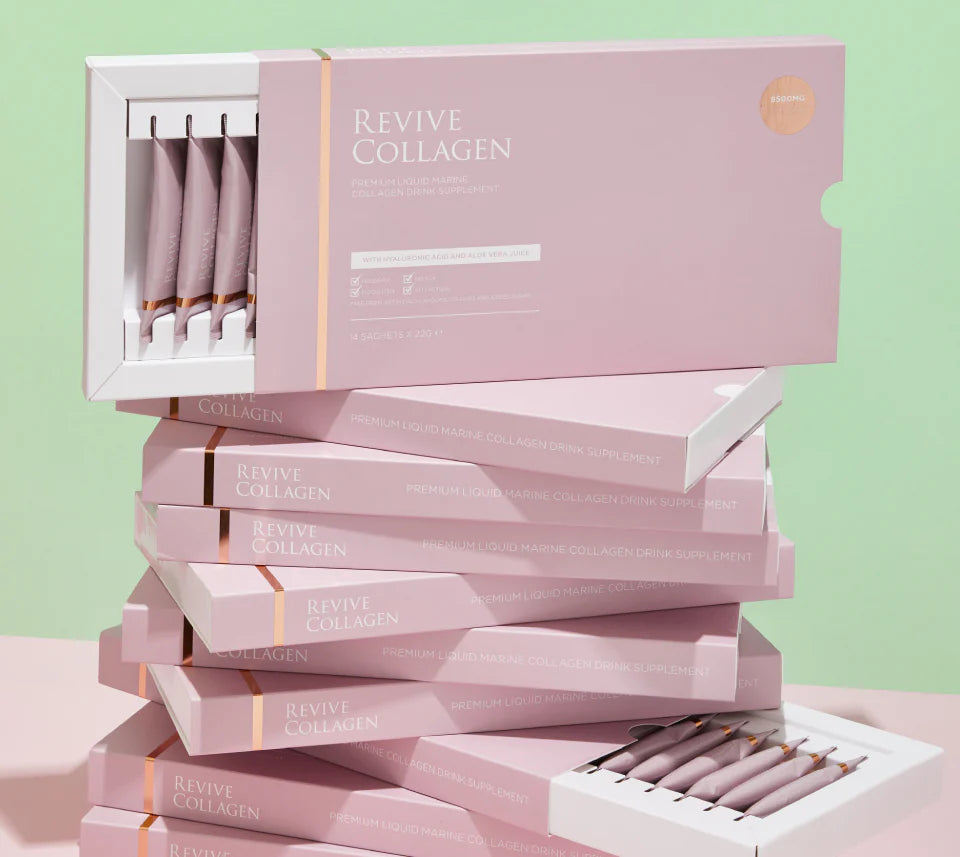Understanding the Battle Against Acne: Cystic vs. Hormonal Acne
Dealing with acne can be a frustrating and challenging experience for many individuals. Whether it’s the painful cystic acne or the persistent hormonal acne, the impact on self-esteem can be significant, especially if scarring is left behind. In this article, we will delve into the differences between cystic and hormonal acne, explore effective treatment options for hormonal acne, and discover the benefits of using liquid collagen to combat this skin condition.
Distinguishing Cystic Acne from Hormonal Acne
Cystic acne is a severe form of acne that occurs when cysts develop deep within the skin layers. This type of acne is characterized by pus-filled pimples that are often painful and can lead to inflammation of the surrounding skin. On the other hand, hormonal acne is influenced by hormonal fluctuations in the body, affecting both men and women. Factors such as pregnancy, stress, and aging can trigger hormonal acne by causing an increase in androgens like testosterone. Elevated testosterone levels can lead to excess sebum production, altering skin cell activity and resulting in inflammation and bacterial growth, thus increasing the likelihood of acne breakouts.
Effective Treatment Strategies for Hormonal Acne
When dealing with hormonal acne, early intervention is crucial to prevent acne scarring and minimize the impact on skin health and appearance. Establishing a suitable skincare routine tailored to your skin type is key to managing hormonal acne. It is essential to select gentle products that do not irritate the skin or strip it of its natural oils, as this can trigger increased oil production and exacerbate acne breakouts. Understanding the specific type of acne you are dealing with and choosing skincare products with appropriate active ingredients is essential for effective treatment.

The Role of Liquid Collagen in Managing Hormonal Acne
Liquid collagen has emerged as a promising solution for combating various types of acne, including hormonal acne. Acne can cause damage to the skin, leading to scarring and future breakouts, with the skin’s thin outer layer bearing the brunt of the damage. Liquid collagen, enriched with ingredients like aloe vera and retinol, promotes skin healing, renewal, and regeneration. By soothing the skin and facilitating the healing process, liquid collagen helps restore skin health and vitality, resulting in a brighter complexion and reduced acne scarring.

When the body encounters harmful agents such as bacteria or viruses, it triggers an immune response, characterized by inflammation. Inflammation can contribute to acne development, making it essential to support the immune system in reducing inflammation. Liquid collagen, fortified with vitamins like B6 & B12, aids in immune function, red blood cell formation, psychological well-being, and nervous system health. Positive reviews from users like Chloe attest to the transformative effects of liquid collagen in improving skin health and addressing acne concerns.


